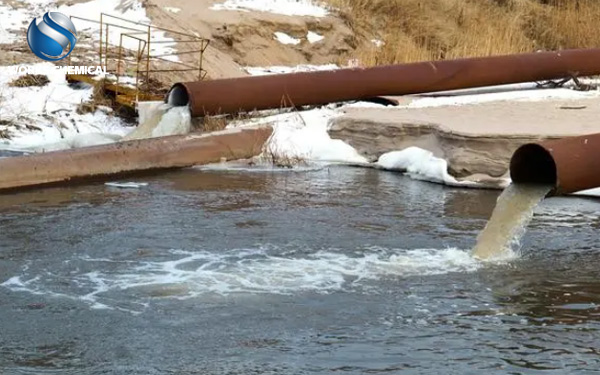
When selecting sludge dewatering agents, municipal sewage treatment plants need to pay attention to the following key matters to ensure that the sludge dewatering effect is optimal, while meeting the requirements of environmental protection and economy:

Analysis of sludge properties
Types and characteristics of sludge:
Sludge from different sources (such as municipal sewage, industrial wastewater, etc.) has different properties and characteristics, including sludge pH value, solid content, organic content, particle distribution and so on.
Analysis of the specific properties of sludge is helpful to select the appropriate dewatering agent.
Sludge moisture content:
The initial moisture content of sludge directly affects the dewatering effect and the type and dosage of chemicals required.
For sludge with high moisture content, it may be necessary to select agents with stronger flocculation and dewatering capabilities.
2. Drug selection and Performance evaluation
Drug type:
Sludge dewatering agents are mainly divided into organic and inorganic two categories, common organic agents include polyacrylamide (PAM) and other polymer, inorganic agents include iron salt, aluminum salt and so on.
According to the sludge properties and treatment requirements, select the appropriate type of agent. For example, cationic polyacrylamide is particularly effective for neutralizing negatively charged particles in acidic sludge.
pH adjustment:
Most flocculants work better in neutral or slightly alkaline environments. Therefore, for acidic sludge, pH adjustment may be required first, using lime or alkaline chemicals to adjust the pH.
Evaluation of pharmaceutical properties:
The effects of different agents on sludge dewatering performance were evaluated through laboratory tests, including dewatering rate, mud cake moisture content, and sludge volume after dewatering.
Determine the best agent type and dosage to achieve the best dehydration effect and economy.
Three, economic and environmental considerations
Pharmaceutical cost:
Comprehensive consideration of pharmaceutical procurement costs, transportation costs and use costs, choose cost-effective pharmaceutical.
Environmental impact:
Pay attention to the environmental performance of the agent to ensure that the selected agent will not cause secondary pollution to the environment during use.
Considering the degradability of the agent and the final treatment method, choose the agent that is easy to handle and has little impact on the environment.
4. Operation and Maintenance
Ease of operation:
Select a dewatering agent that is easy to operate and easy to control to reduce the difficulty of operation and labor costs.
Device compatibility:
Ensure that the selected agent is compatible with existing sludge treatment equipment and will not cause corrosion or damage to the equipment.
Maintenance and management:
Establish a sound drug management system and maintenance plan, and regularly check and record the storage and use of drugs.
V. Summary
When selecting sludge dewatering agents for municipal sewage treatment plants, it is necessary to consider sludge properties, pharmaceutical properties, economy and environmental protection. Through scientific selection and reasonable use, the dewatering effect of sludge can be significantly improved, the treatment cost can be reduced, and the impact on the environment can be reduced. In actual operation, it is recommended to test and adjust according to the specific situation in order to find the most suitable for their own process.